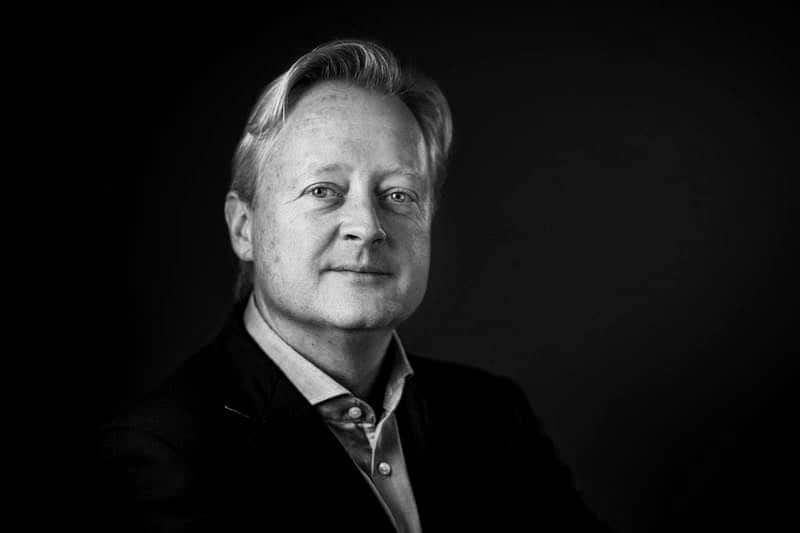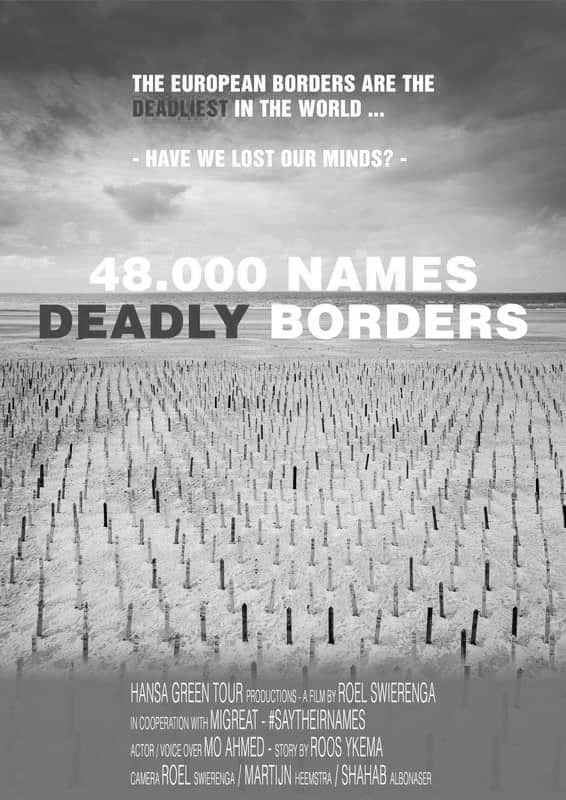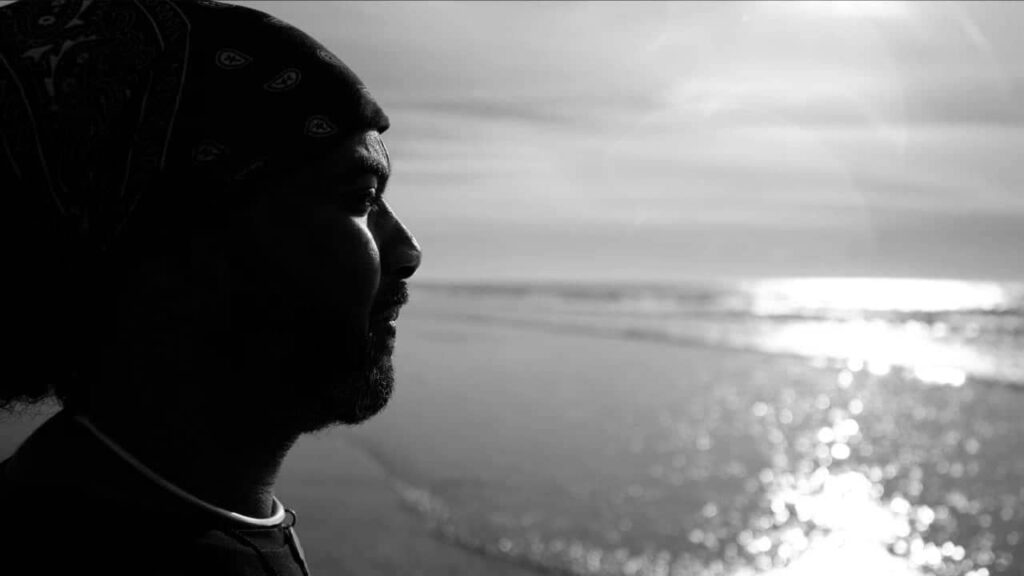
–Who is Roel Swierenga?
I am a sustainability pioneer and founder of the Hansa Green Tour Foundation in the Netherlands, organizer of events, filmmaker and speaker.
I’m a tech- and innovation loving optimist with a strong interest in the latest sustainable solutions. I love fast electric cars, epic road trips and, before the covid pandemic, I used to travel the world to find, document and showcase sustainable solutions. Bringing like-minded people together that can make a difference by organizing events, study trips & trade missions for business and government delegations and filming these events is what I do in my day job.
We film and document our Hansa Green Tour events and places that we visit in northern Europe. Showcasing sustainable solutions in Scandinavia, Iceland, Germany and the Netherlands. During these events we interview people with inspiring stories and make short documentaries to share these stories.
More info about me and what I do is available on my website www.roelswierenga.com

-What inspired you to become a filmmaker?
All our annual Hansa Green Tour events are filmed and documented since 2011 by our team for personal and client use. Not with the intention of making commercial film or video productions but just to document what we do, to document the interesting places that we visit and interview people to hear their stories. As event director I was mostly guiding our camera team, busy behind the scenes but not behind the camera myself. Due to the covid pandemic all our events were cancelled, allowing me the time to train myself in filmmaking and think about how I could use the network that we had build over the past 10 years, all
the amazing places, people and sustainable initiatives that we had visited all over northern Europe. That made me decide to pick up the camera myself, learning the craft of filmmaking and learn from my regular cameraman Frans Adema and photographer Martijn Heemstra and challenge them to start making our own productions. I like epic roadtrips, using electric vehicles if possible that sometimes brings us in adventurous situations. We have seen so many beautiful places, we have met so many people with amazing stories, people who want to contribute to a better world. That inspired me. I want to capture those stories on film. Now it’s time for me to connect the dots and bring those stories to the screen.

-Do you think the cinema can bring a change in society?
Yes I do! I do believe that cinema can bring change to society. We are overloaded with images and impressions every day in the media, on our mobile devices checking social media. But most of these images get in and out of our brains without leaving any impression at all. Information overload, most of it is rubbish, irrelevant. Like, can you tell what news or social media posts you watched 2 days ago? Probably not. But if you go to the cinema and watch a good movie or see a documentary with a strong story, your brain will remember it for many years. That is the power of cinema and film.
My short film PUSHBACK was my first entry in the world of film festivals and won the Stockholm City Film Festival June 2021 and several awards in Europe and USA followed shortly afterwards. A story about boat-refugees trying to reach Greek islands in the Mediterranean Sea, blocked with brute force by border guards, towing these boats back to the open sea, knowing that many will not survive. The film is not a cinematic masterpiece, but a horrible story that gets into your brain, leaving the viewer with a troubled mind. “How can you sleep well, knowing this is happening? Don’t look away, we have to act!” addresses Marian van Voorn at the end of the film. Damn. You have seen the movie, listened to the story and you’re asked to not look away from it, but to act upon it… Damn. An uncomfortable story, but you feel the need to do something with it. This film made an impact on people and this effect we would not have achieved by telling this story in an email newsletter or by posting it on social media. It made impact thanks to bringing this story to cinema.
This gave me the confidence and motivation to make my new film ’48.000 Names’, a story in cooperation with MiGreat about the deadly borders of Europe, about the protection of human rights and dignity. A story I feel that is important to share and film is one of the most beautiful ways to do this. And with my experience with our Pushback film I am convinced that cinema has an important role to play and yes can bring change to society.
-What would you change in the world?
That’s a difficult question, there is no easy answer to that. But if I was in a position to change the world I would try to stop war and violence and create a new start with equal rights and opportunities for all.
–Where do you see the film industry going in the next 100 years?
Interesting question. In recent years cinema has lost ground due to the pandemic and world wide lockdowns, prohibiting people to go out. In parallel social media and digitalization, streaming services have grown tremendously. But both do not replace cinema. Social media and streaming services make it easy to consume film individually but are less suited to impress your brain and create a long lasting experience. Watching a film on a mobile device does not offer the unique experience of watching a movie on a big screen and impressive sound in the cinema together with friends.
Film industry might evolve over time and technology might make it much more easy and accessible for more people to make films and consume films individually om smart devices. But I hope and think that the unique experience that only cinema can provide will survive the coming 100 years. Film industry might change over time, but its core function in creating films with the best cinematic experience will never change. I would not want to miss that so I am positive that the film industry and cinema will still be around in 100 years.
